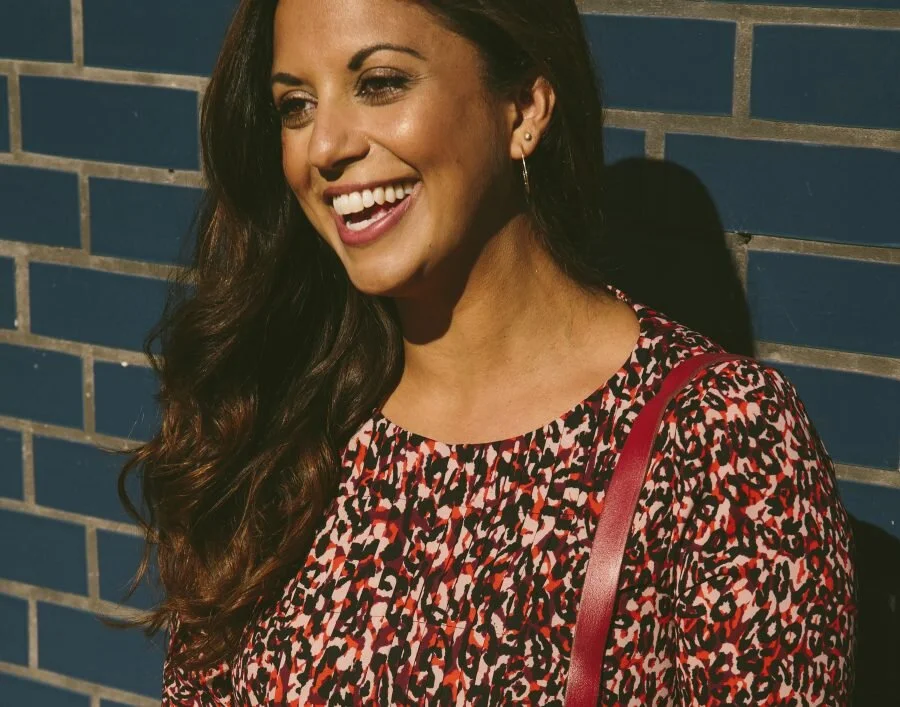Professional VisIbility with Dr. Emma Svanberg
I'm excited to share this series on Professional Visibility with you. I want to help you overcome cultural, social and gender-related barriers to being visible. Talking about yourself and your work is a skill and I want to shine a light on the multitude of ways women do this. I hope I can provide you with role models you can mimic and learn from. Over time, I hope that you will find a way of being visible that feels true and powerful to you. This work is one way I'm learning how to do that for myself.
Next up, is the extraordinary Dr Emma Svanberg. Emma is a Clinical Psychologist who specialises in the psychological processes involved in pregnancy, birth and parenthood.
Why are you intentional visible?
I think my 'visibility' has grown quite slowly and organically since I started blogging about 9 years ago now. My purpose then was to raise awareness of some of the very common experiences I heard new parents and parents-to-be describing, and that purpose remains now. So much of my work with new parents is around normalising their experience, and the massive relief that we can feel when we know we're not 'the only one'. So, my visibility is to highlight these common grounds as well as share information about perinatal mental health, child development and parenting.
My hope is that some of my work could prevent problems from developing - often parents and parents to be won't seek support for months or even years after they begin to notice that something doesn't feel right for them, and often they won't seek support at all. By taking some of this information out of the traditional therapeutic space, people may be able to make adjustments or find further information themselves, or feel a bit more comfortable in reaching out for further help. I also aim to challenge the narratives that still prevail around parenthood - and motherhood in particular. Parenthood can be incredibly isolating and lonely, and much of the work I do is with the purpose of building a connection.
HOW are you visible?
Initially via my blog, and that has extended to social media platforms and to my book 'Why Birth Trauma Matters'. I never would have thought I'd be creating video because that can feel so incredibly exposing but I do like feeling like I'm chatting to people! It's less formal than writing, although I remain constantly questioning it (and there can be a narcissistic element to social media that I always hold in mind).
Through my book and the brilliant publicist at Pinter & Martin, I was also able to write for some national press and appear on the BBC news which was nerve-wracking! But then I might get an email from someone who has come to a new understanding of something they've been struggling with and that is what makes me push my nerves aside. Having visibility in that way has also enabled me to become 'visible' to those who can actually make a difference, and I have been honoured with being invited to sit on Expert Reference groups and play a small part in shaping service development.
What is your one piece of advice to people reading this who want to be more visible?
To really think about why they want to do it. I think it's very easy to get pulled into comparing, and especially on social media to start to get preoccupied with 'popularity' rather than the message that you are trying to deliver. For example, there's a lot of information about 'insights' on social media and checking that you are reaching the most people, but insights don't tell you whether what you've done has had a real-world impact. But thinking carefully about your aims, and what you might need to do to ensure you follow them (e.g. I don't do ads as I think it would detract from the core messages I would like to convey).
Who is your visibility role model?
I have many people who inspire me in the way they use their platforms to educate and inform - but are also open to critique and continue to learn and develop and admit they are human. If I had to choose one it would Alexandria Ocasio-Cortez because she is such a great role model.
You can read the other interviews here:
For more content like this sign up to UPFRONT’s newsletter


